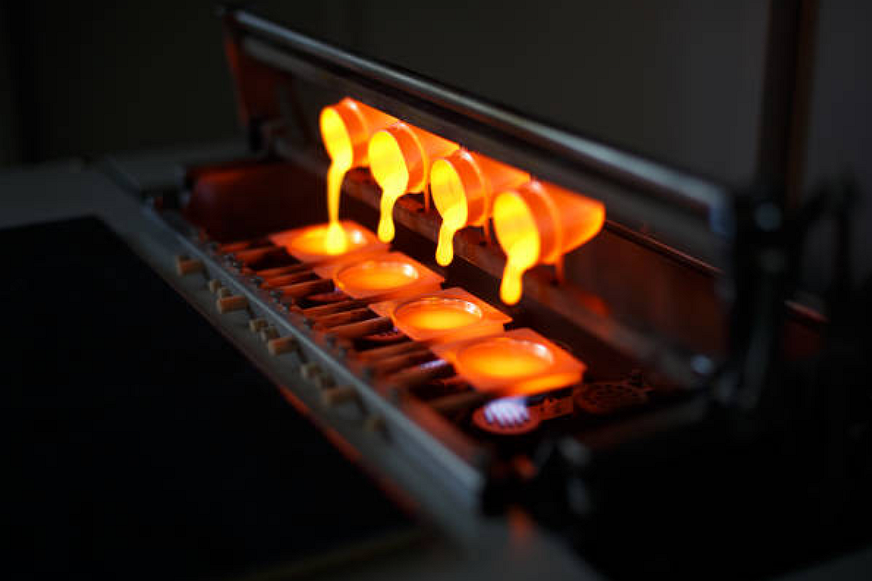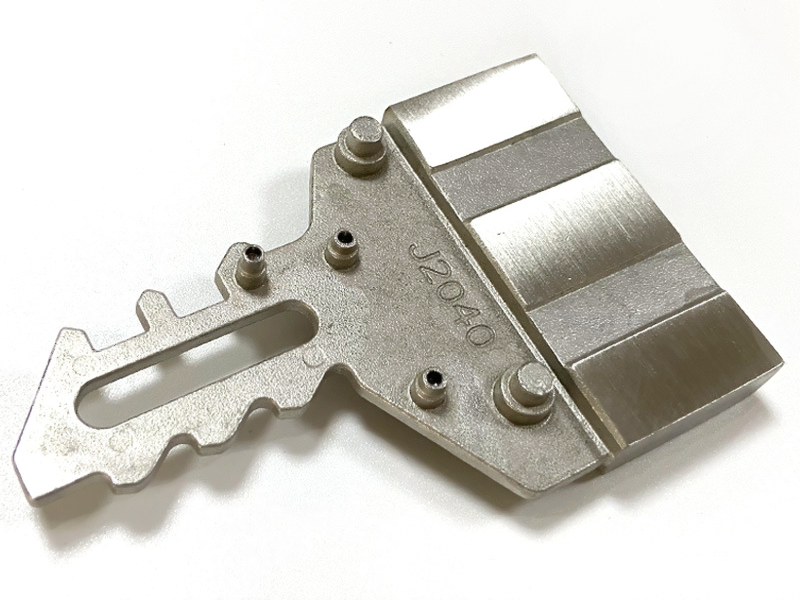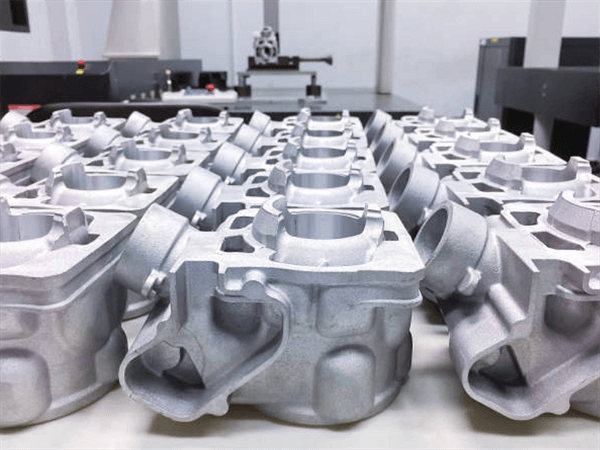Which materials are best suited for gravity casting to ensure high structural integrity?
Engineering Perspective on Material Selection
From an engineering standpoint, material choice determines the overall strength, weight, and corrosion resistance of a gravity-cast component. The gravity casting process is ideal for metals with excellent fluidity and solidification properties, enabling the formation of dense, low-porosity parts. At Neway, we prioritize alloys that maintain consistent microstructures and mechanical stability after casting and heat treatment, ensuring superior dimensional accuracy and long-term reliability in critical applications.
Manufacturing Processes Supporting Material Performance
To enhance the structural properties of gravity-cast parts, several manufacturing processes are often integrated. After casting, CNC machining prototyping ensures precision finishing and accurate fitment in assembly. Investment casting supports smaller, complex geometries that complement large gravity-cast components. For rapid design validation, 3D printing prototyping is used to simulate material performance before tooling is required. Meanwhile, aluminum die casting and sand casting allow engineers to compare density, shrinkage, and thermal performance among alloys under similar mold conditions.
Ideal Materials for High-Integrity Gravity Castings
Among metals, aluminum alloys stand out for their balance between light weight and strength. Alloys like A356 deliver superior tensile strength and elongation after heat treatment, making them excellent for structural components. 383 (ADC12) offers exceptional castability for intricate shapes, while B390 aluminum is preferred for wear-resistant parts, such as automotive cylinder heads. For electrical or thermal applications, copper alloys offer outstanding conductivity and mechanical robustness. Where weight reduction and vibration damping are critical, magnesium alloys present an ideal solution. High-temperature projects can leverage nickel-based alloys, which maintain integrity under thermal cycling and oxidation.
Surface Treatments for Enhanced Strength and Corrosion Resistance
After casting, surface finishing plays a significant role in enhancing both mechanical and environmental durability. Anodizing enhances the oxide layer on aluminum alloys, thereby improving their corrosion and wear resistance. For additional protection and aesthetics, powder coating offers a tough exterior barrier ideal for outdoor or automotive components. Both treatments extend the service life of gravity-cast materials exposed to harsh environments, ensuring the finish matches the structural performance.
Industries That Depend on High-Integrity Gravity Casting
Industries that demand structural integrity rely heavily on the proper selection of materials and finishes. The automotive industry uses gravity-cast aluminum for suspension housings and transmission parts. In aerospace applications, lightweight magnesium and nickel-based alloys meet strict fatigue and heat-resistance criteria. The energy sector benefits from corrosion-resistant aluminum and copper alloys in turbines and electrical enclosures. Across these sectors, the synergy between alloy selection and controlled gravity casting guarantees consistent mechanical strength and dimensional precision.



